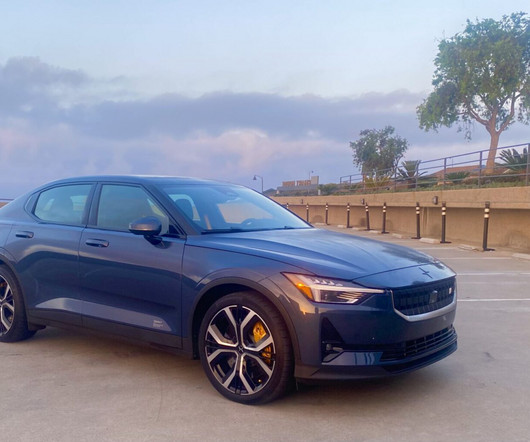Former Commerce and Transportation Secretary Norman Mineta urges technology neutral policies in reaching proposed CAFE standards
Green Car Congress
NOVEMBER 8, 2011
those which do not favor one technology over another through consumer incentives, federal subsidies, testing standards or technology-specific credits. Washington, DC’s current focus is electric vehicles (EVs) and electric technology. Monetary incentives are being used to alter consumer and manufacturer decisions.

























Let's personalize your content